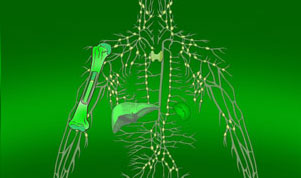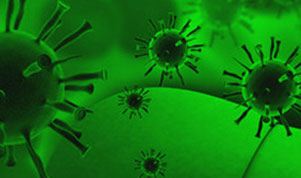Your privacy is critically important to us. At Phytomedica we have a few fundamental principles:
- We comply with the current EU regulation* on the protection of natural persons with regard to the processing of personal data and on the free movement of such data.
- We don’t ask you for personal information unless we truly need it. (We can’t stand services that ask you for things like your gender or income level for no apparent reason.)
- We don’t share your personal information with anyone except to comply with the law.
- We don’t store, nor process or transfer any personal information on our servers unless required for the on-going operation of one of our services.
- All personal information/data shall be permanently deleted after accomplishment of requested services†.
- We aim to make it as simple as possible for you to control what’s visible to the public, seen by search engines, kept private, and permanently deleted.
- We treat all data received from our consumers according to the General Data Protection Regulation.
If you have questions about deleting or correcting your personal data please contact our team: info@phyomedica.pl.
* General Data Protection Regulation, see below.
† Requested services – means delivery of requested/ordered products or information prepared upon specific consumer request.
Regulation (EU) 2016/679 of the European Parliament and of the Council of 27 April 2016 on the protection of natural persons with regard to the processing of personal data and on the free movement of such data, and repealing Directive 95/46/EC (General Data Protection Regulation) (Text with EEA relevance)
Here you may download the full text of the currently valid EU Regulation on the protection of natural persons with regard to the processing of personal data and on the free movement of such data → General Data Protection Regulation PDF document 88 pages









